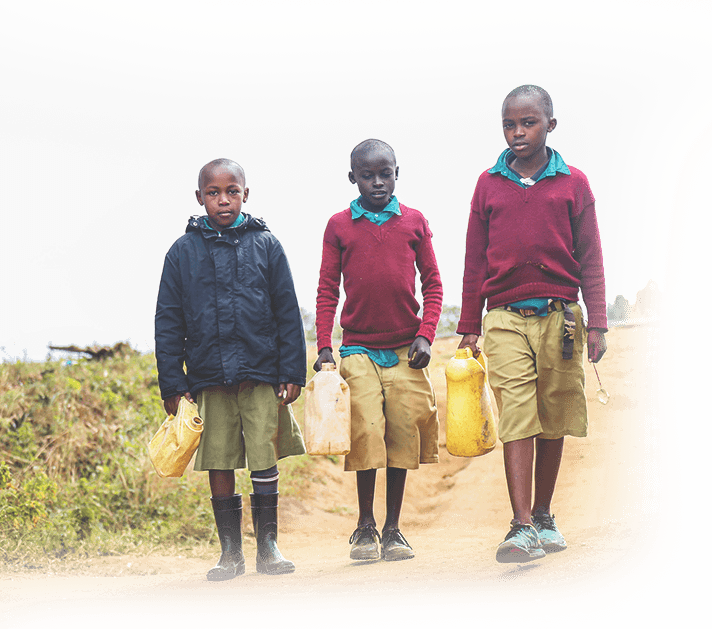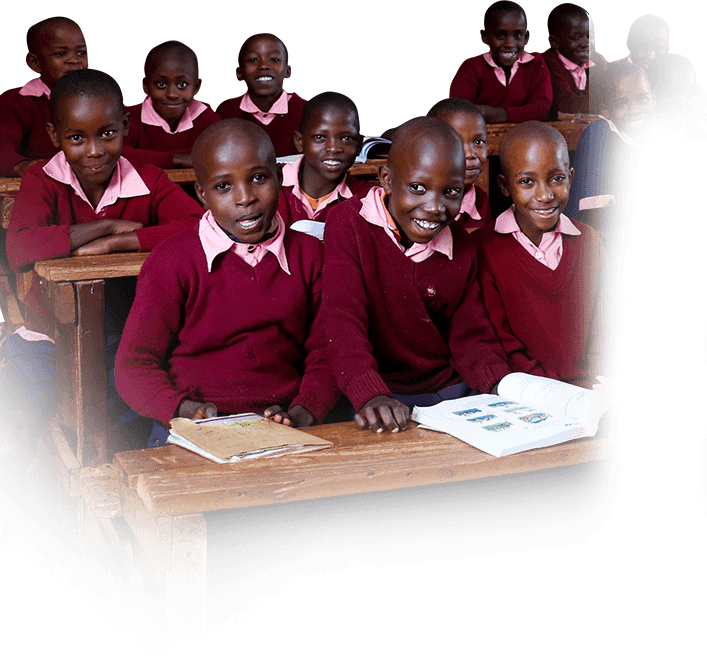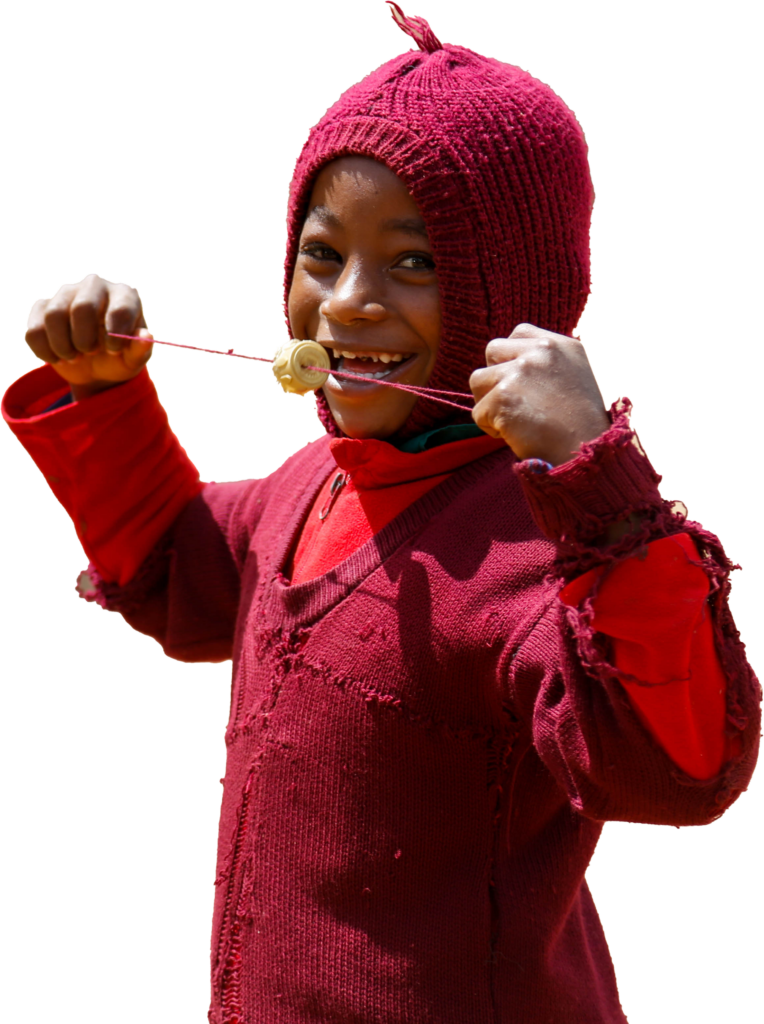The Beginning
After brainstorming on numerous areas of need, it was clear that public education was a sector with a myriad of challenges that needed focused and concerted efforts from stakeholders to remove barriers to quality learning. Millions of children from low income families are learning in unsafe, understaffed schools with low access to water, food, books, child-friendly infrastructure and learning amenities. We needed to engage directly with some of these schools and stakeholders to understand the magnitude of the problem. Our journey of discovery would take us to rural, remote, low-income areas where access to health, education and other essential services is very low.

With guidance from government officials from the Ministry of Education and stakeholders working on the ground, we embarked on a needs assessment tour of public primary schools in Machakos County – a hot, dry region in Eastern Kenya. These are schools with children aged 3 to 14 years from underprivileged communities with low access to essential services. The situation was bleak. Most of the schools surveyed lacked basic amenities and resources to provide quality education to thousands of already disadvantaged children. There is an acute water shortage in this dry, semi-arid region which has led to food insecurity. This means that the children have to carry water and food from home. Sadly majority of the learners come from needy families and their parents just can’t afford to send their kids to school with lunch.
Additionally, an inadequate textbook ratio of 4:1; decrepit and unhygienic sanitary facilities; sub-standard infrastructure were other factors contributing to poor education standards. The less obvious gaps were even more worrying: ineffective teaching methods, teacher absenteeism and low teacher morale contribute to low literacy and numeracy scores. Conversations with teachers, government officials and other stakeholders confirmed that a concerted and sustained approach was required to ensure disadvantaged children access quality education. KG Foundation would be part of this transformation.

Our journey started off at Ianzoni Primary – a public school with one hundred and eight students. We decided to begin with critical high impact projects and an emphasis on local partnerships to inculcate ownership and sustainability. Our programs focus on soft skills and behaviour change – training teachers and school management teams on leadership, creativity and holistic learning. We believe that a culture and mind-set shift is more authentic than interventions focused on aesthetics consequently, we build capacity and create awareness on critical issues in the schools and surrounding community. Through teachers’ workshops, a peer educator model and enhanced learning initiatives, we are empowering a community that will sustain the projects we implement when we move on.

Six years later and Ianzoni is transformed. Over two hundred children now have access to clean water, a feeding program ensures that they are provided with school lunches throughout the school year; teachers are more motivated and engaged; we have installed decent sanitary facilities for the kids and teachers; improved hygiene behaviour; access to text books and learning aids and an inspired community of students, teachers and parents. This is the impact that keeps us going as we launch our programs in more needy schools. We’ll do the best we can, one school at a time because all children deserve quality education and a brighter future.
